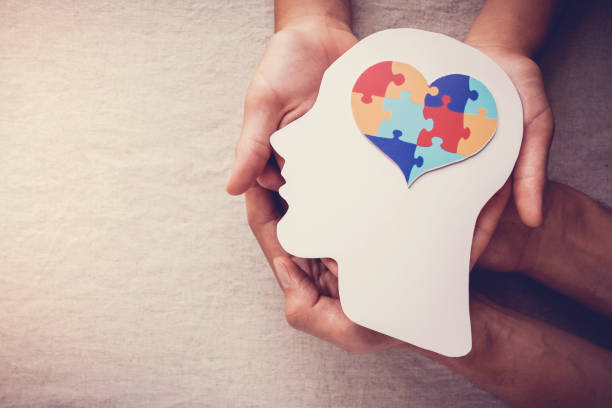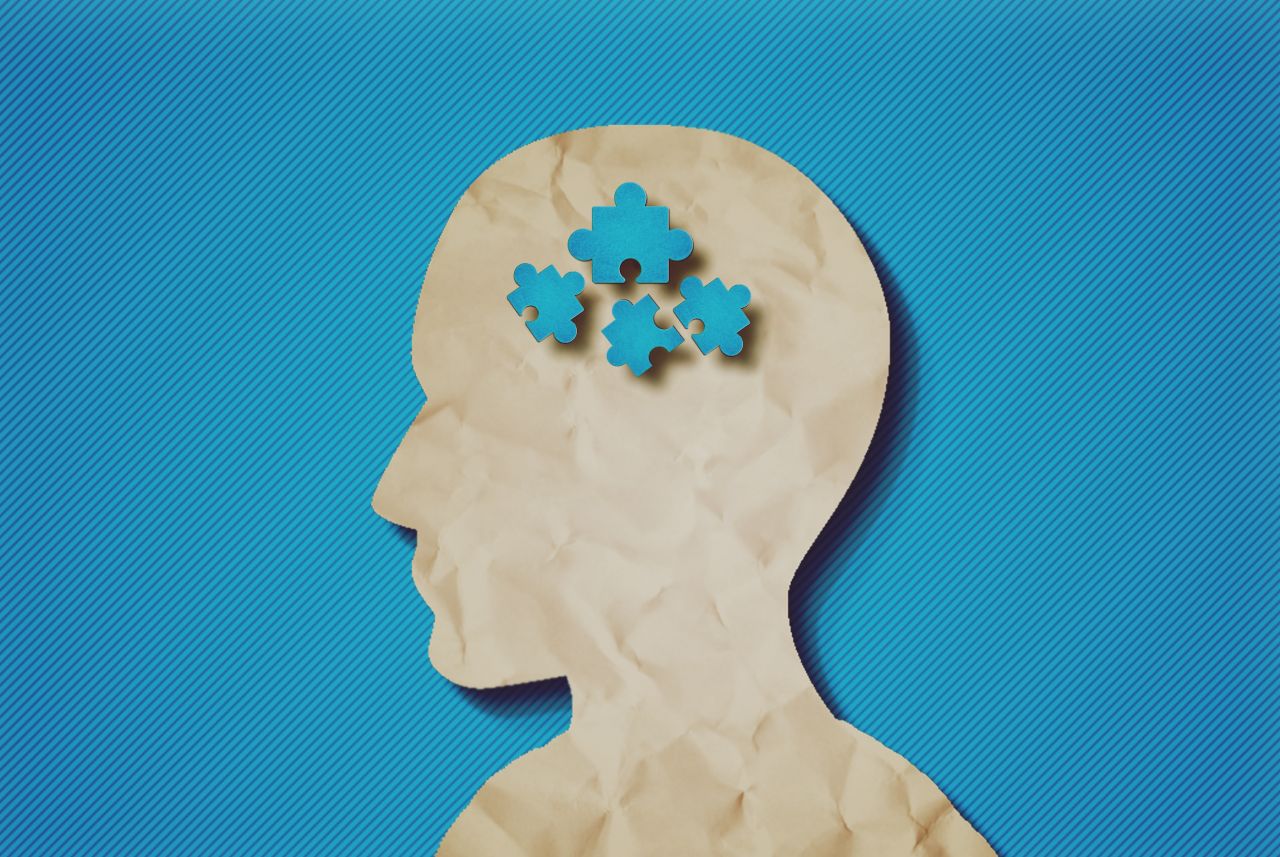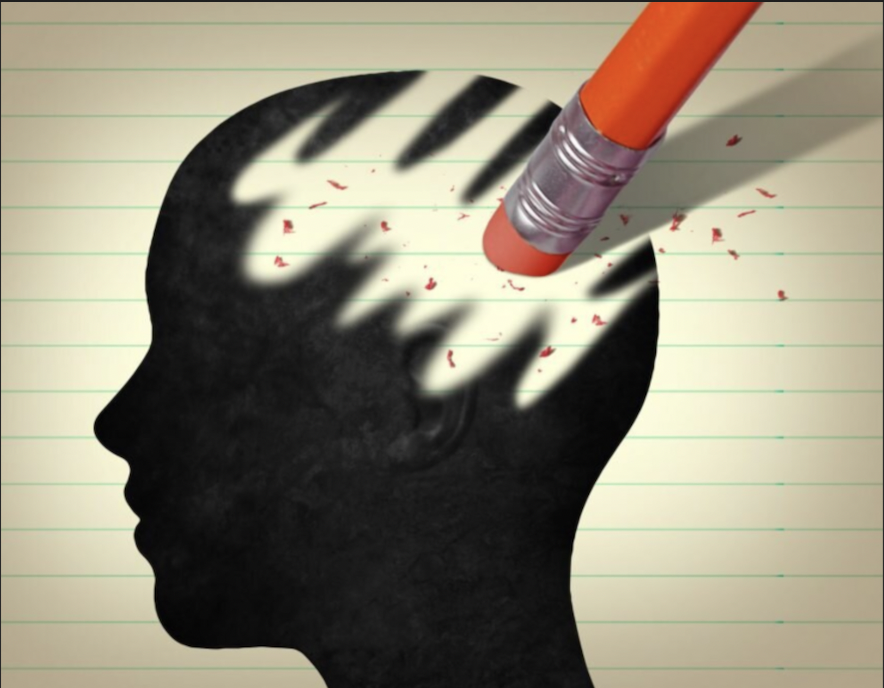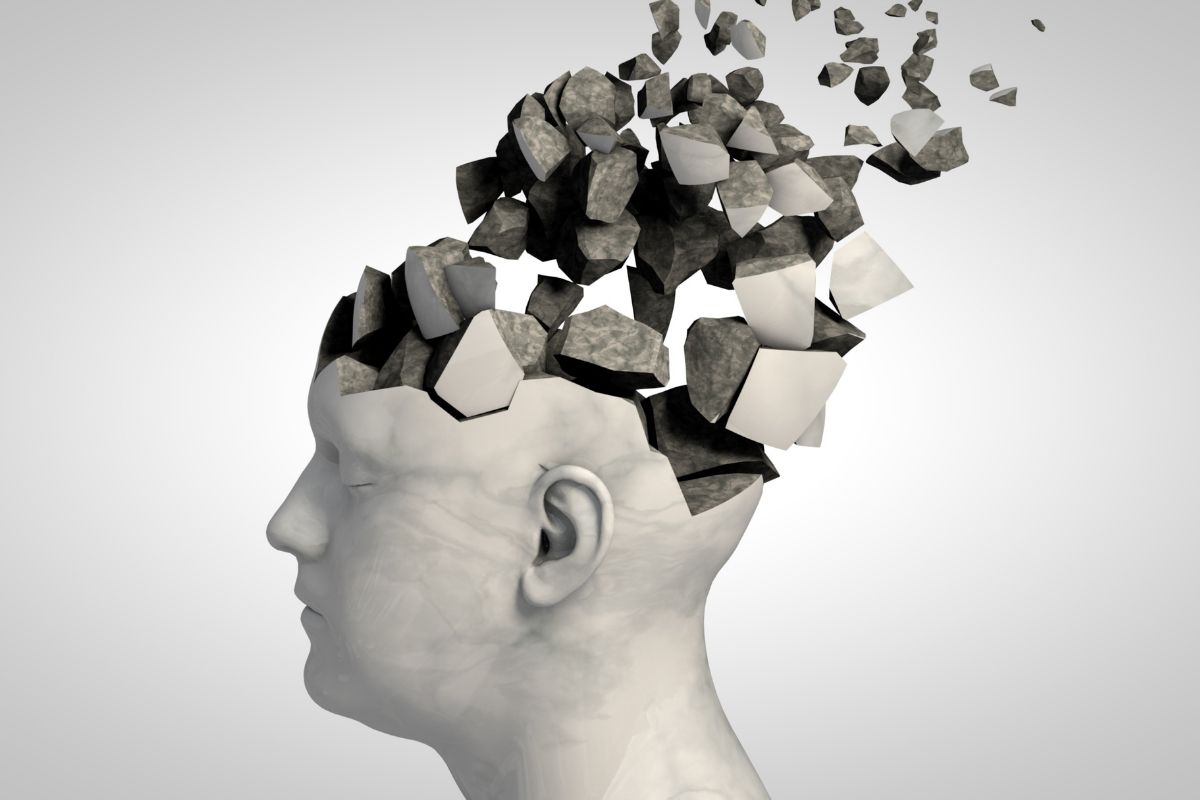Struggling to fit into your favorite jeans? You’re not alone. After years of busy schedules, stress, and unhealthy habits, many of us find it harder to maintain our ideal weight. But what if the secret to slipping back into those old jeans was as simple as a tasty bedtime mix?
I discovered this easy, natural bedtime drink that not only helped me relax before sleep but also gave my metabolism a gentle boost overnight. Just one cup every night became a game-changer for my body and confidence.
What’s in the Mix?
This magical blend usually includes ingredients like warm milk (or a plant-based alternative), cinnamon, honey, and a pinch of nutmeg. These ingredients are known for their metabolism-boosting, blood sugar balancing, and sleep-enhancing properties.
Why It Works
- Boosts Metabolism: Cinnamon and nutmeg help regulate blood sugar and promote fat burning.
- Promotes Relaxation: Warm milk contains tryptophan, which helps your body relax and improves sleep quality.
- Curbs Late-Night Cravings: Drinking this mix keeps hunger at bay, so you’re less likely to snack on unhealthy foods before bed.
How to Make It
- Warm 1 cup of milk or almond milk.
- Stir in ½ teaspoon cinnamon, 1 teaspoon honey, and a pinch of nutmeg.
- Drink 30 minutes before bedtime.
After a few weeks, I noticed my clothes fitting better and my energy improving throughout the day. It’s a simple habit that fits easily into any routine — no fancy diets or intense workouts needed.
If you’re looking for a natural, comforting way to support your weight goals, give this bedtime mix a try. Your old jeans might just thank you!








